

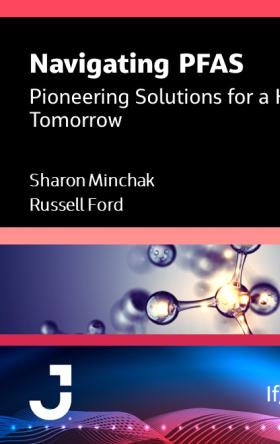
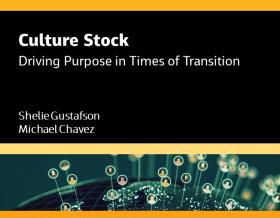
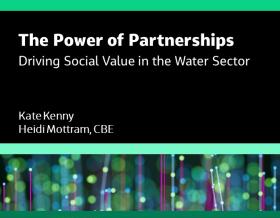



Sit down with our visionary team of thinkers, dreamers and doers to see what a day in the life is like.



A curated selection of some of the top-listened to and trending podcast episodes from our popular If/When podcast series, which has over 7M downloads to date.



Together with our visionary partner, PA Consulting, we're establishing our position in high end advisory services, creating a springboard to expand in high value offerings beyond the core.


At Jacobs, we're challenging today to reinvent tomorrow by solving the world's most critical problems for thriving cities, resilient environments, mission-critical outcomes, operational advancement, scientific discovery and cutting-edge manufacturing, turning abstract ideas into realities that transform the world for good. With approximately $16 billion in annual revenue and a talent force of more than 60,000, Jacobs provides a full spectrum of professional services including consulting, technical, scientific and project delivery for the government and private sector.
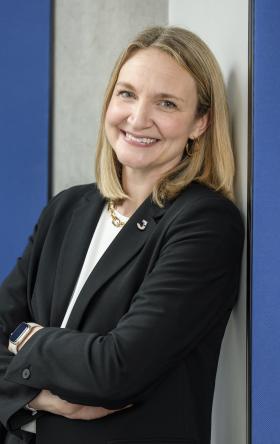


Jacobs. A world where you can.



As climate change threatens water security around the world, more communities are turning to water reuse as a resilient water supply solution and embracing the OneWater principle that all water has value. Jacobs has been supporting clients with water reuse programs for decades, beginning with the first applications of advanced wastewater treatment technologies in the 1960s. We provide our clients with a full range of services, from water reuse feasibility studies to design, construction and operations.



As our clients navigate the digital transformation and growing cyber risks, we have positioned ourselves at the forefront of this growth, adding digital capabilities, products and tools to serve a growing set of customers.



The only certainty about the future is uncertainty. Resilience is an attribute of a smarter planet, and requires planning and adapting ahead of potential threats. We help our clients survive, recover, adapt and thrive.



As a purpose-led company, we know we have a pivotal role to play in addressing the climate emergency. We consider this not only good business, but our duty to channel our technology-enabled expertise and capabilities toward benefitting people and the planet.



For more than 30 years, Jacobs has been responsible for planning and implementing Lead and Copper Rule-related strategies which protect millions of people in the U.S. and Canada. Our work includes enhanced water quality monitoring strategies, sampling plan development, harvested pipe-scale analysis, lead service line inventories and replacement plans, corrosion control studies and the incorporation of equity and environmental justice considerations into compliance programs.



Jacobs is working to help clients across the United States secure federal funding for projects that make our cities and communities more connected and sustainable. Working hand-in-hand with clients from coast to coast and everywhere in between, Jacobs develops bold, innovative solutions to address the nation’s toughest challenges.



Now more than ever, we appreciate the hard work, sacrifice and dedication of the medical profession in ensuring the health and safety of our communities.



Together, we are stronger. Together, we can transform the future.



We work in partnership, delivering some of the most challenging, diverse and innovative projects and programs globally across multiple sectors. We integrate complex interfaces across planning, procurement and delivery to help unlock better social, environmental and economic outcomes from mega and giga projects.



We’ve provided design-build services to the water sector for over 25 years and delivered more than 150 projects. We offer fully integrated design-build and design-build-operate capabilities to tackle the most complex water challenges and work in close collaboration with our clients.



Stories that capture our partnerships and innovative impact for a more connected, sustainable world


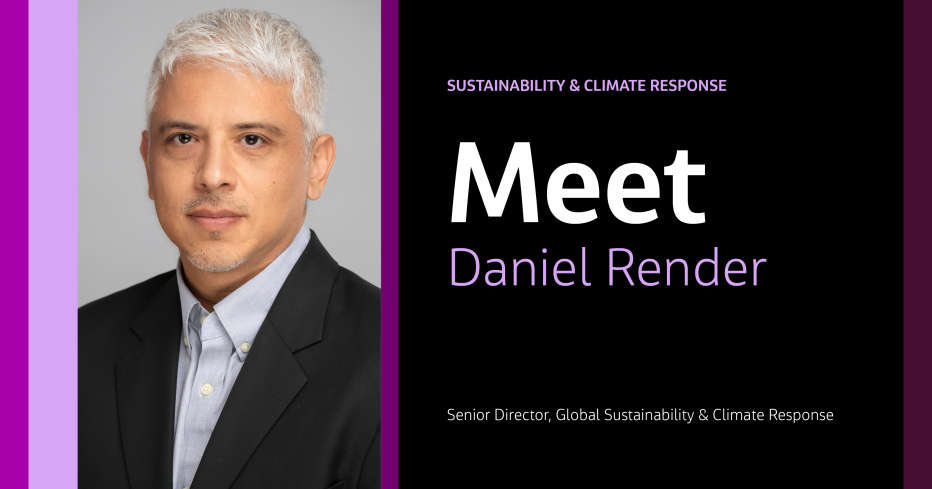
Following the release of our recent paper, Beyond Carbon: A holistic approach to net zero cities, we caught up with lead author, Daniel Render, to find out about why it was so important for him to write the paper and his vision for a more sustainable world.
First, congratulations on the paper!
Thank you!
Obviously net zero is a huge topic right now. What is the single most important message people should take away from the paper?
In the drive to decarbonize our society, we can’t forget about the other priorities and challenges facing our cites. If we apply a holistic approach, we can decarbonize and at the same time make our cities more liveable, equitable and resilient. We can thrive – not just survive.
What made you want to tackle the topic in this paper?
I’ve always had a focus on social, economic, and environmental sustainability starting with my architectural education. As my career progressed, the scale and scope of the challenges and opportunities just continued to grow – from single buildings to large scale projects, to mega-developments, to city scale plans, to global events. Because of the current climate challenge, we’re seeing growing investment in decarbonization and net zero initiatives, but decarbonization is just one of many challenges we face. I wanted to explore the idea of decarbonization as a way to enhance the quality of life, equity and resilience in cities – to find a way to deliver co-benefits and decarbonize at a neighbourhood, district and city scale.
What do you think is the single biggest barrier to cities meeting their decarbonization and net zero ambitions?
We identified four key challenges in the paper, but the one that I think is the biggest barrier to decarbonizing at a city scale is the siloed approach that leads to a mix of high performing stakeholders at one end of the spectrum and stakeholders at the other end that don’t have the resources or capacity to do much at all to reduce their carbon emissions. If we can facilitate a more collaborative approach, then there are great “win-win-win” opportunities that can benefit multiple stakeholders, reduce carbon emissions and address many chronic challenges in cities.
Have you always worked in the sustainability space?
No and Yes, I'm a registered architect and spent the first half of my career in traditional architectural practice, but I always considered sustainability as a priority in my design process. I joined the program management team at Jacobs (then CH2M) in 2009 to work on some of our major programs in design and sustainability roles.
The first program I ever worked on with Jacobs was Masdar City – a greenfield mixed-use development with a strong sustainability focus in the United Arab Emirates. I was the lead architect on the program management team and worked with the design team to ensure that the client’s vision and sustainability requirements were achieved through the design and construction phases. Since then, I’ve worked on the FIFA World Cup Qatar 2022™ Program in Qatar and the Dubai 2040 Urban Master Plan. I am currently in my fifth year working as Director of Sustainability & Innovation on The Expo 2020 Dubai Programme.
Tell us more about your role Expo.
I started at Expo in 2016. It has been such an amazing and challenging experience. My role was initially focused on sustainability and innovation management in the delivery of the infrastructure and buildings at the Expo site, but it evolved over time to encompass a wide range of sustainability initiatives including carbon management, event time content and programming, as well as special projects and initiatives. I was so happy and proud to see it open in October after a year-long delay due to COVID-19. I think the experience of walking around the site with my family and seeing others embrace and enjoy something that I contributed to will stay with me forever!
Wow, that sounds like a full plate. How did you find time to write a paper too?
Well, luckily, I like taking on new challenges and variety is one of the things I love most about my role. Every day is different, and if I have the opportunity to make a positive impact, then I will try to make the time to do it.
When you aren’t working, what would we most likely find you doing?
I’d probably be hanging out with my family watching movies or binge watching the latest TV series! I try and do yoga three to four times a week if I have time and I love photography – it is my creative outlet – but mostly when travelling, which I haven’t had the chance to do a lot of recently!
In the paper, you’re hoping to inspire others to take a different approach to decarbonizing cities. Who or what inspires you?
I’m inspired by acts of kindness and generosity, and people who work hard to overcome challenges in their life.
What do you enjoy most about being part of the #OurJacobs family?
I believe in the work that Jacobs is doing to address our most urgent challenges and make a positive impact. I’m proud to be part of that effort.
Daniel spoke about smart and resilient cities at the World Climate Foundation's World Climate Summit which took place on November 13-14 during COP27 in Sharm El-Sheikh.
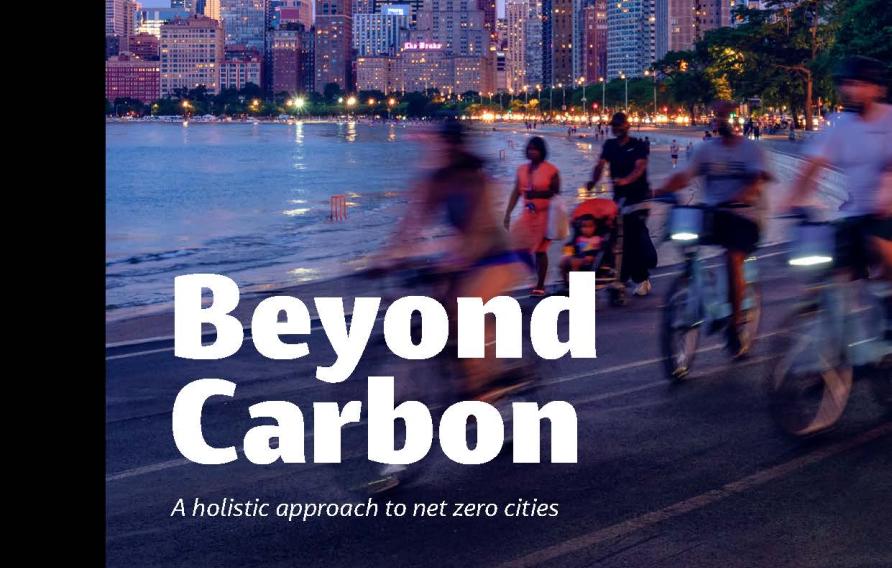
Jacobs releases new thought leadership paper that asks the question: What if city stakeholders used a programmatic approach, looking beyond traditional project and asset boundaries, to co-develop solutions that reduce carbon AND address the most urgent and aspirational needs of the community?
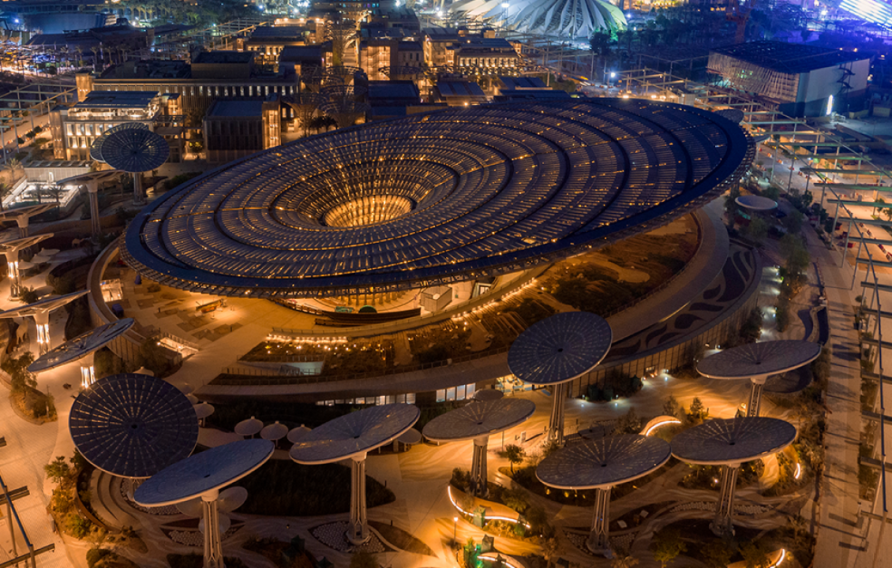
Expo 2020 Dubai (Expo), the first World Expo in the Middle East, Africa and South Asia (MEASA) region, transforming a 4.38km2 site into a lasting urban legacy.